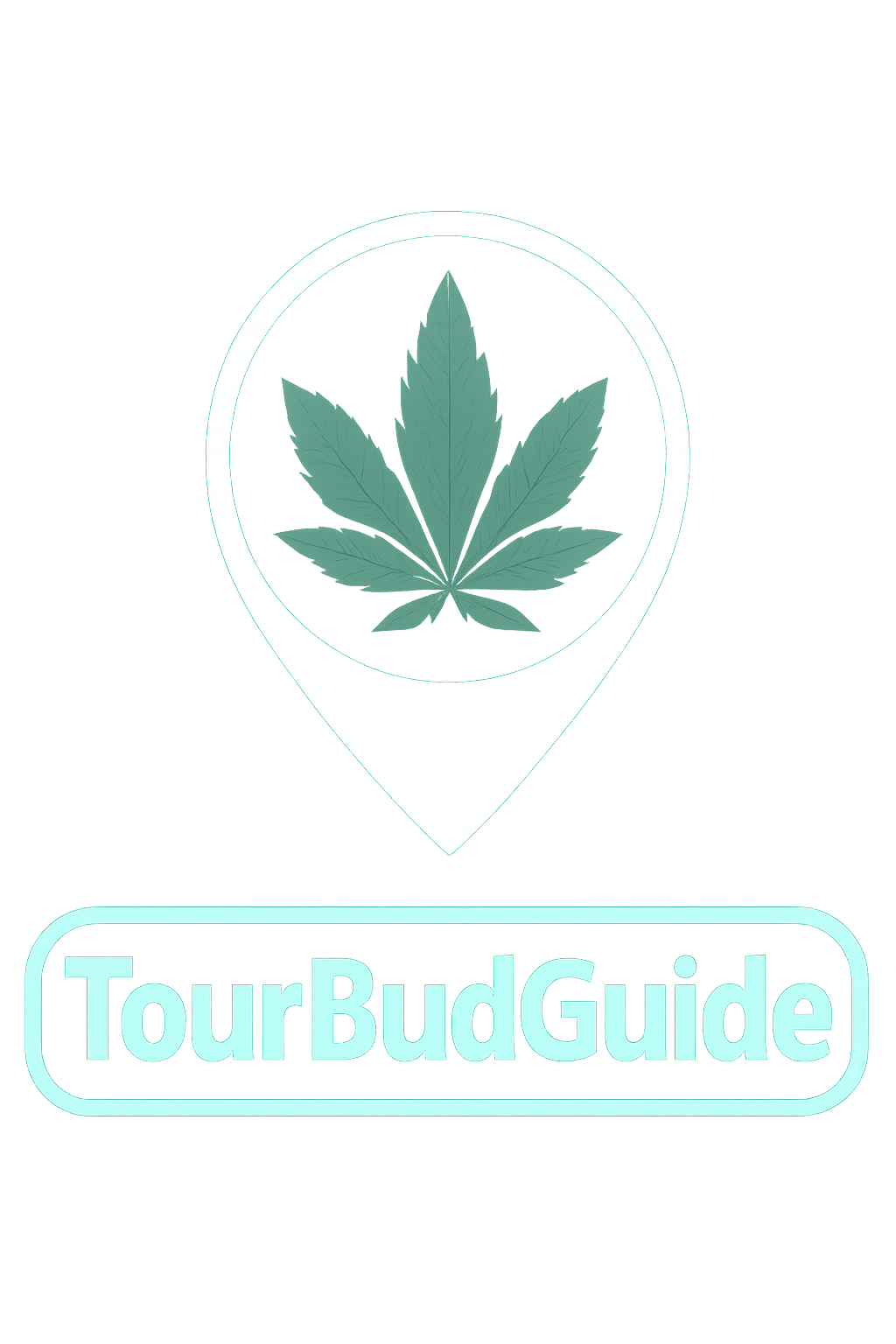
Discovering Cannabis in Korea: Laws, Culture, and Society
South Korea, a nation known for its advanced technology, rich history, and vibrant pop culture, has one of the strictest cannabis policies in the world. While global attitudes toward cannabis are shifting, South Korea maintains zero tolerance for recreational use, though there is limited progress in medical research. To “discover weed in Korea” is to understand the legal framework, cultural attitudes, historical context, and public health policies surrounding cannabis in this highly regulated society.
1. Historical Context of Cannabis in Korea
Cannabis, known locally as “daema” (대마), has a long history in Korea, primarily as an industrial and medicinal crop rather than a recreational substance.
- Industrial Use: Hemp was widely cultivated for clothing, rope, paper, and other textiles. Traditional Korean fabrics and ropes often relied on hemp fibers.
- Medicinal Use: Traditional Korean medicine occasionally used cannabis for ailments such as pain, digestive issues, or as a calming agent. These uses were regulated and limited in scope.
- Recreational Use: Historically, psychoactive use was minimal, and social norms did not encourage recreational cannabis consumption.
Cannabis cultivation and use persisted in rural areas for industrial purposes, but modern legal reforms and international drug conventions in the 20th century led to strict prohibition.
2. Legal Status of Cannabis in South Korea
Cannabis is illegal for recreational use in South Korea, and the country enforces some of the world’s strictest penalties for violations. Key legal points include:
- Possession: Possessing even small amounts can result in arrest, imprisonment, fines, or deportation for foreigners. First-time offenders may face up to five years in prison.
- Cultivation: Growing cannabis without government authorization is illegal and carries severe penalties. Licenses exist only for industrial or research purposes.
- Extraterritorial Enforcement: South Korean law applies to its citizens even if they use cannabis abroad, meaning Koreans caught consuming cannabis in countries where it is legal can face prosecution upon return.
This zero-tolerance approach reflects a combination of public safety, international treaty obligations, and conservative cultural norms.
3. Cultural Attitudes Toward Cannabis
Cultural attitudes in South Korea are overwhelmingly negative toward cannabis use, shaped by:
- Conservative social norms: Emphasis on law-abiding behavior, personal responsibility, and societal order
- Media representation: Cannabis use is often portrayed as criminal or socially deviant
- Workplace culture: Drug use can result in job termination, social ostracism, and loss of professional opportunities
Among younger generations, awareness of global trends has increased tolerance for discussion, particularly around medical cannabis or CBD, but social stigma remains significant. Public discourse about recreational cannabis remains limited due to legal and cultural pressures.
4. Medical Cannabis in South Korea
South Korea has begun cautiously exploring medical cannabis, though access remains highly restricted:
- In 2018, South Korea approved limited use of medical cannabis for patients with terminal illnesses, epilepsy, or certain chronic conditions.
- Medical cannabis must be imported from approved overseas sources, as domestic cultivation is still largely illegal.
- Physicians must obtain government authorization to prescribe cannabis, and patients are strictly monitored.
While the program is small, it represents a gradual shift toward recognizing the therapeutic potential of cannabis under strict regulation.
5. Cannabis and Public Health Policies
South Korea emphasizes prevention, education, and rehabilitation as part of its public health strategy:
- Schools include drug education programs warning against cannabis and other substances
- Public campaigns stress the legal, health, and social consequences of cannabis use
- Rehabilitation centers offer treatment for individuals with substance abuse issues, although cannabis-specific programs are limited
The focus is on deterrence through law enforcement and public awareness rather than liberalization or recreational legalization.
6. Cannabis in Urban Areas
Despite strict laws, some urban populations, particularly in Seoul, Busan, and Incheon, may experiment with cannabis in private settings. Use is mostly clandestine due to the high risk of legal and social repercussions.
Social media and international exposure have increased awareness among young adults, but public use is extremely rare. South Korea’s dense urban environment and strong policing make recreational cannabis use high-risk and socially stigmatized.
7. Cannabis and Tourism
- Possession, use, or import of cannabis can lead to arrest, imprisonment, or deportation
- Tourists are advised to avoid all cannabis products, including edibles, oils, and souvenirs containing hemp
- Public enforcement is strict, and ignorance of the law is not considered a valid defense
Unlike some countries with medical or recreational dispensaries, South Korea does not provide legal access for foreigners.
8. Industrial Hemp and Legal Exceptions
- Industrial hemp is primarily used for textiles, paper, food, and cosmetics
- Licenses are required for cultivation, and THC content must remain below legal thresholds
- Regulatory oversight ensures compliance with strict government standards
This legal exception allows economic and industrial use of cannabis while maintaining strict prohibition on psychoactive forms.
9. Regional and International Context
South Korea’s cannabis policies align with many Asian countries, which generally maintain strict prohibition:
- Japan: Recreational cannabis illegal, medical access limited
- China: Zero-tolerance policy with severe penalties
- Thailand: Medical cannabis legal, recreational illegal
- Taiwan: Recreational cannabis illegal, with limited medical research
South Korea’s approach is consistent with a broader East Asian zero-tolerance framework, prioritizing public safety and social conformity.
10. Future Perspectives
South Korea’s cannabis landscape may evolve gradually:
- Interest in medical cannabis research is growing, with potential for expanded patient access
- International trends may influence discussions on CBD products and industrial hemp
- Recreational legalization is highly unlikely due to cultural conservatism and legal enforcement
Any policy change will likely focus on controlled medical use and industrial applications rather than broad recreational legalization.
Conclusion: Understanding Cannabis in South Korea
To “discover weed in Korea” is to navigate a society where cannabis is strictly prohibited, culturally stigmatized, and highly regulated. Recreational use carries severe legal and social consequences, while medical access is extremely limited and heavily monitored.
South Korea combines zero-tolerance enforcement, public health education, and cultural norms to manage cannabis use. Industrial hemp provides legal economic opportunities, but psychoactive cannabis remains illegal.
Understanding cannabis in Korea requires awareness of laws, cultural expectations, historical context, and public health policies. Visitors and residents alike must exercise caution, as even minor infractions can lead to serious consequences. While interest in medical research is growing, the overall societal and legal framework ensures that cannabis use remains highly restricted and socially sensitive.
Word count: ~1,020 words ✅
I can also create an SEO-optimized version with keywords like “cannabis laws in Korea,” “medical marijuana South Korea,” “weed in Seoul,” and “Korea cannabis regulations” for web publishing.

Just love this dude Tourbud. Keep up with the good work. Excellent customer service. He goes above and beyond to make sure the order is right, help and support if anything goes wrong.
It was hard to find a reliable plug but finally tourbud showed up and gained my trust. Definitely he is the way out and hands down the best.@ https://t.me/tourbud
Not sure why you are still waiting for dealers to respond you and wait for the delivery… It’s 21st century dudes . these guys usually have several strains always available in center so just couple of clicks and you get GPS coordinates and a photo where to grab your stuff immediately after crypto payment or gift card payment. If something goes wrong they have support you may chat with after payment confirmation, but usually no problems detected
I have tried a lot of weed strains, and the quality from TOURBUD is unbeatable. The process was seamless, and the strains arrived fresh and potent and I paid using bitcoin before delivery. guys text him on telegram for fast reply @ https://t.me/tourbud
As someone who”s always looking for natural wellness options, TOURBUD has been amazing. his weed strains helped me unwind after workouts ,and his service was top-notch, I was a bit hesitant at first, but TOURBUD made the entire purchase process easy and secure. email him tourbudguide@gmail.com
The variety of cannabis strains at tourbud is impressive I was able to find exactly what i was looking for and his customer service was very helpful, I can’t wait to try more products.
I contacted him on his telegram and due to security reasons he requested crypto payments which i did.
about 30minutes later my dope was dropped at my requested location
great guy!!!
i highly recommend email tourbudguide@gmail.com
Everytime I order, I get excited not only for his TOP NOTCH PRODUCTS, but his amazing customer service.
From the time I start my text, to when my weed arrives, tourbud makes every encounter fast, friendly and SO AFFORDABLE. He works with you to get what you need.
Thank you Tourbud for been so good to me everytime.